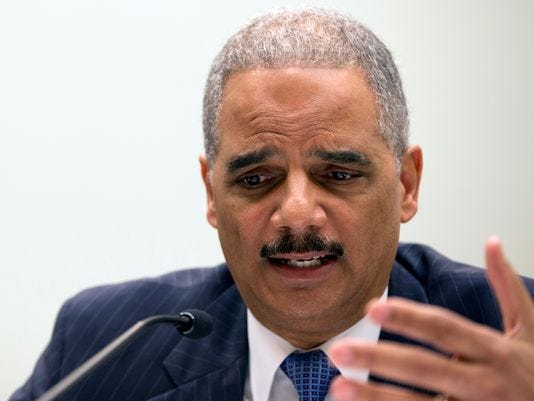By Brendan Oliver Bergh
Impunity Watch Reporter, South America
BRASILIA, Brazil – 2013 has certainly been a telling time for same-sex relations. While some misguided Catholics appreciated that the Pope approved of same-sex unions, the real story comes from the approval of same-sex marriages in Latin America. Authorities in Brazil have effectively legalized same-sex marriage, following Argentina and Uruguay in providing equal rights to couples.

Brazil’s National Council of Justice, a panel which oversees the legal system and headed by the chief justice of the Supreme Court announced a resolution on May 14, 2013, stating that notary publics who preform marriage ceremonies cannot refuse to preform same-sex ceremonies. Having been debating this issue after a 2011 Supreme Court ruling they announced that there was no reason for the government to wait for congress to pick up the slack and pass a law extending gay couples rights they already technically and legally have. After this ruling, if a notary public officer rejects the signing of a gay marriage, he could face sanctions. Same-sex civil unions have already been authorized in the country, and this would allow same-sex unions to be converted into marriages, allowing them the same protections that already benefit heterosexual marriages in the predominantly Roman-Catholic nation. From now on, couples in all 27 states will no longer need to petition a judge in order to receive a marriage license, and that includes Brazil’s estimated 60,000 gay couples.
The 2011 ruling recognized stable homosexual unions and that the Brazilian constitution granted them the rights. Chief Justice Barbosa, chief justice of the Supreme Court called it binding, and announced that the lower courts should follow it. However a strong religious faction in congress opposes same-sex marriage and has yet to approve any laws which would support same-sex marriage reform and regulations. Citing judicial activism, Marco Feliciano of the Social Christian Party stated “it’s something most Brazilians do not want” as well that the decisions was “unconstitutional.” Congressman Feliciano, an outspoken opponent of gay rights has called AIDS a “gay cancer.” A week later on May 22, the conservative party appealed the council’s decision to the Supreme Court.
Perhaps bowing down the Brazilian resolution. 4 days later French President Francois Hollande signed into law a bill authorizing marriage and adoption by same-sex couples.
For more information please see:
On Top Magazine – Conservative Leader In Brazil Challenge De Facto Gay Marriage Ruling – 22 May 2013
Telegraph – Brazil Judicial Decision Paves The Way For Same-Sex Marriage – 15 May 2013
New York Times – Brazilian Court Council Removes A Barrier To Same-Sex Marriage – 14 May 2013
BBC – Brazil Judicial Decision Paves Way For Gay Marriage – 14 May 2013
Standard Digital – Brazil Paves Way For Gay Marriage – 10 May 2013

